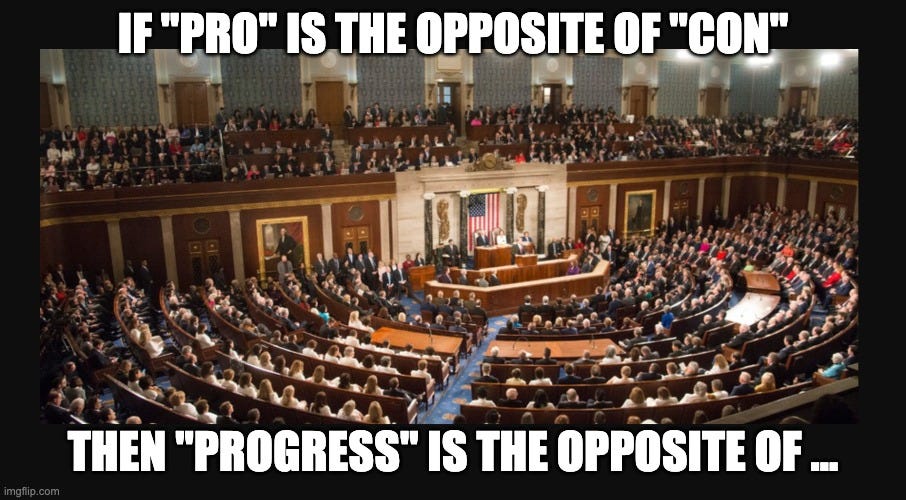How a dysfunctional Congress messes with state and local finances
There's healthy debate, and then there's signal-jamming political polarization.
Happy Finance Friday, readers! Federal lawmakers have (quite surprisingly) avoided a government shutdown for now. But it cost Republican House Speaker Kevin McCarthy his job and Congress is arguably even more rudderless than it was before.
As I noted in last week’s newsletter, a federal shutdown impacts state and local operations in a number of ways while also throwing a large dose of uncertainty into the economic mix. More broadly, the extreme dysfunction and political polarization at the federal level that’s been going on for more than a decade has already had an impact on how states and localities govern themselves.
This week’s newsletter looks at three ways that political polarization at the national level has hurt state and local finances: distrust in government, meddling in city affairs and state budget battles.
The decline of local institutions
It’s well documented that America’s trust in institutions including government has been declining. For many years, however, that decline was limited to national figures. Generally, folks viewed their state and local leaders as more in touch with the issues that affect them. But recently, faith in two major functions of state and local government — the police and public schools — has dropped to historically low levels.
Meanwhile, trust in local government itself is at an all-time low. And the only time trust in state government has been lower was during the Great Recession when lawmakers were slashing budgets, raising taxes and cutting services.
From the GFOA: Bridging Political Divides in Local Government
A history lesson: “Many factors have contributed to this turmoil,” wrote David Leonhardt in a New York Times’ morning newsletter this week. “Decades of stagnant living standards have caused voter frustration. Social media, along with the rise of a cable television network willing to promote falsehoods, has inflamed discourse. The decline of institutions — churches, labor unions, once-dominant local employers — has left Americans feeling unmoored. And aging political leaders have failed to groom strong successors.”
These institutional failures have created a self-fulfilling prophecy that threatens state and local governments’ ability to manage public money effectively, as Mark Funkhouser noted in Forbes last year: “We are in a vicious cycle in which distrust in government is fueling efforts to weaken the institution,” he wrote. “A diminished government has fewer resources to stop waste, fraud, and abuse—and trust erodes more, intensifying the political divide between those who see government as ineffective and those who want to strengthen it.”
Bossing around cities
This is what’s commonly referred to as preemption: A locality (usually Democrat-led) passes a law that the (usually Republican-led) state legislature doesn’t like. So, the state passes a law that preempts the local one.
To be fair, blue states preempt cities too. But they tend to be on social or environmental issues such as California’s law that fast tracks affordable housing developments.
As state governments have become increasingly under one-party control, targeted preemption has become more common.
Keep reading with a 7-day free trial
Subscribe to Long Story Short to keep reading this post and get 7 days of free access to the full post archives.





